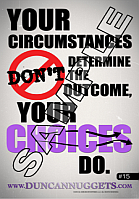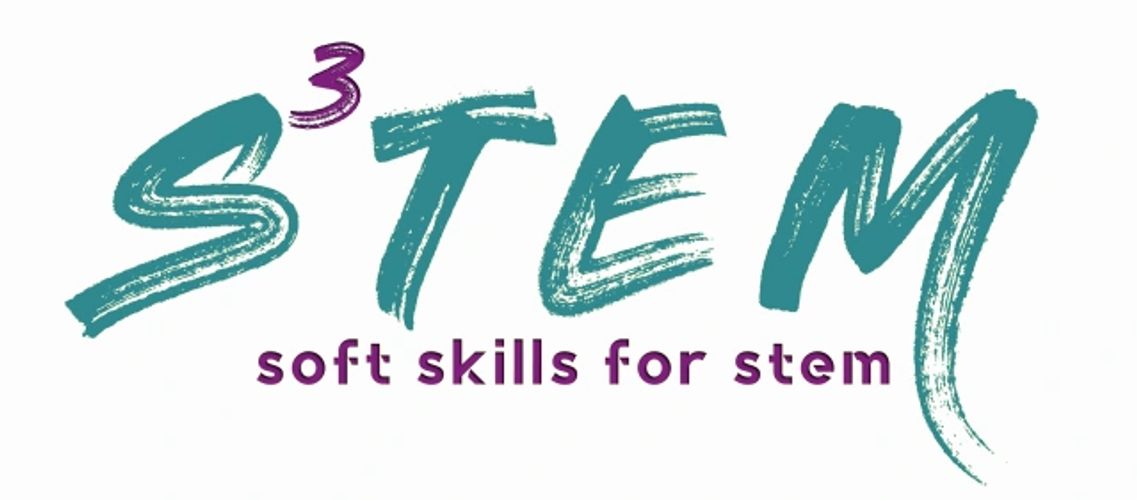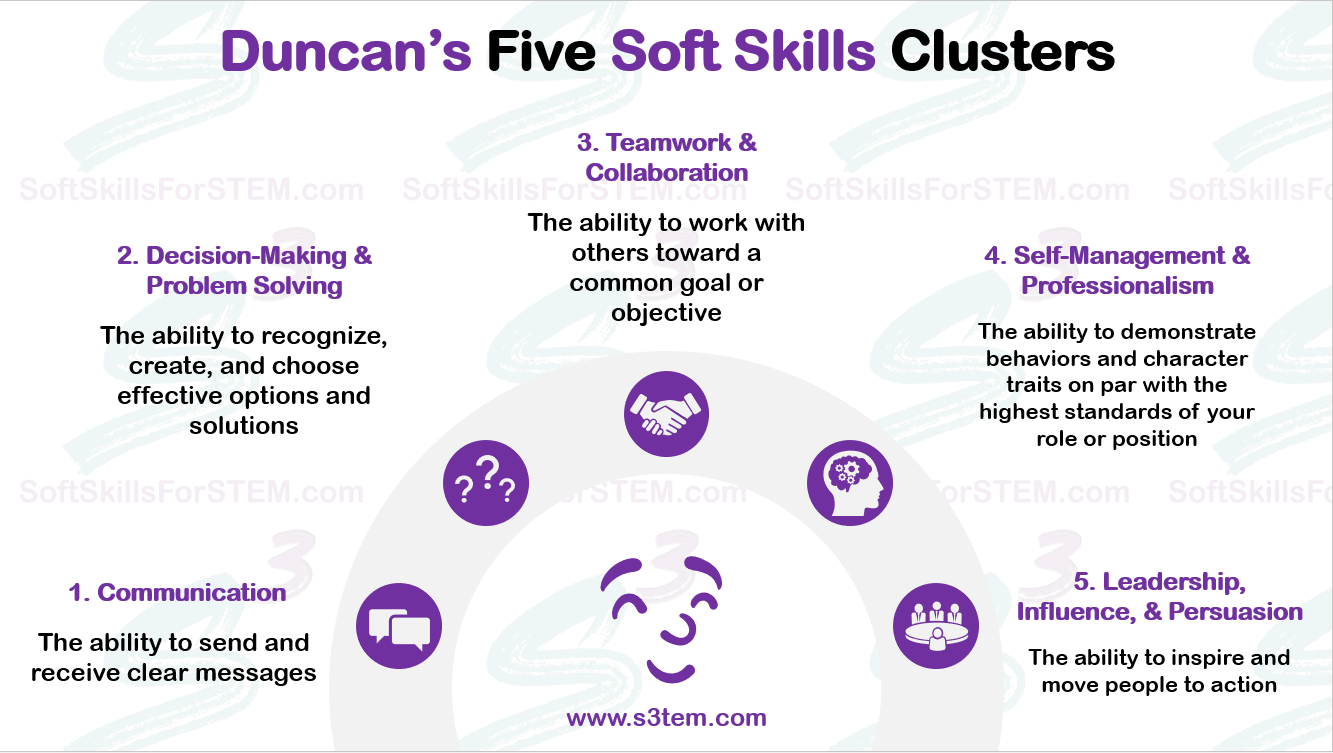[ACTIVITY] 7 Soft Skills CEOs Work On

While I was doing research for The Soft Skills Success Plan, I spoke to quite a few chief executive officers and other executives. I found it interesting that the soft skills they wanted in their employees were often the same soft skills in which the CEOs wanted or were receiving coaching for themselves.
But just because that’s what I found from a few dozen interviews, it doesn’t mean this trend is universal. Fortunately, I came across the 2013 Executive Coaching Survey administered by Stanford University and the Miles Group. The results were similar to my interviews, but they were more accurate and more data was available.
Here are the top 7 soft skills that CEO’s work on:
1. Conflict Management
Out of all of the skills on the list, conflict management came in number one by a large margin. That’s because conflict is like fire—it’s good or bad depending on how it’s managed.
If you think about it, I’m sure you can understand that regardless of the decision a CEO makes, someone will be unhappy. Where there is unhappiness there will be conflicts which can kill morale and stifle productivity. For great CEOs, that is unacceptable.
On the other hand, conflict is also good for dealing with groupthink—irrational decision-making based on conformity and the desire for harmony—by creating new perspectives on problems.
So, conflict is not only expected, but in some instances it’s desired. Which means the CEO has to be skilled at managing it. (Click here to check out additional Conflict Management videos and articles.)
2. Communication
The survey listed communication and listening skills separately, but they go hand in hand. You can’t manage conflicts without strong listening and communication skills. Remember, exceptional communication skills can be a leader’s best friend. (Click here to check out additional Communication videos and articles.)
3. Delegation and Sharing Leadership
No matter how good you think you are, you cannot do it all. The Art of Delegation separates average leaders from exceptional leaders. Putting the right person with the right tools in the right position at the right time ain’t easy. If you can do that, in most scenarios you will give your team a competitive advantage. (Click here to check out additional Leadership content.)
4. Planning skills
According to NACE (National Association of Colleges and Employers), the ability to “plan, prioritize, and organize” is one of the skills employers desire most in their employees. Without this skill, productivity suffers. I’m sure you know the old saying, “If you fail to plan, you plan to fail.” Not cool. (Here’s a video about the importance putting your plans in writing: Duncan Nugget® #1: Write & Succeed)
5. Mentoring and Developing Others
There is a great deal of research that proves the value of mentoring. But you don’t need research to see that developing others can be a vital aspect of delegation, sharing leadership, and team building.
In his classic book, The 21 Irrefutable Laws of Leadership, John Maxwell provides, not one, but 3 laws that specifically relate to mentoring and developing others.
The Law of Empowerment (12): Only secure leaders give power to others.
The Law of Reproduction (13): It takes a leader to raise up a leader.
The Law of Explosive Growth (20): To add growth lead followers—to multiply, lead leaders.
6. Team Building
People often think teamwork and team building are the same, but they aren’t. Team building is the formation of the team and the management of how it functions. Teamwork is the combination of behaviors, attitudes, and actions of group members. Just because you are an awesome team player doesn’t mean the you are an awesome team builder.
The process of team building centers around putting the group together, strengthening relationships, facilitating performance, and managing conflict. Teamwork centers around things like communication, mutual respect, doing your job, maximizing your strengths and managing your weaknesses. It’s also about following defined leadership and decision-making procedures.
By the time you get to be CEO, however, you will have undoubtedly put together quite a few successful teams for various projects. But you still have to keep your skills sharp. Team building goes hand-in-hand with delegation and sharing leadership. Many CEO’s believe there’s still room for improvement. (Article: The “I” In Team: 4 Philosophies Of An Awesome Team Player)
7. Decision Making
“Improving your decision making skills” should be a constant goal for everybody. Your results are primarily a reflection of your decisions.
Duncan Nugget® #15:
Your circumstances don’t determine the outcome, your choices do.
The other skills that CEO’s showed interest in working on are: compassion/empathy, persuasion, interpersonal skills, and motivational skills.
NOTE: Click here for a complete list of soft skills, definitions, and related terms.
Million-Dollar Question:
As the CEO of your life, what action steps will you take to master these skills and use them to build your competitive advantage?
ACTIVITY
A Soft Skills Development Plan
CEOs and other successful professionals develop their skill sets on purpose so, you want to do the same.
1. Get a blank piece of paper. At the top-center of the page write down your dream career. If you haven’t really decided on your career yet then write down the name of a successful person you admire.
2. Make two columns underneath your dream career. Label the first column “Skills”. Label the second column action steps.
3. Writing one skill per line, in the “skills” column answer the following question: What are the top 3-5 soft skills I need to be successful in this career? (Alternate: What are the top 3-5 soft skills that helped this person to be successful?)
NOTE: If you need some ideas here’s a list of soft skills.
4. In the “action steps” column answer the following question: What actions are you taking to improve in each skill? If you are not taking action, what is one action step that you could take? (Write at least one action per skill.)
5. Start taking the actions steps you wrote down and you will be working your own soft skills development plan.
- Categories: ActivitiesArticlesCareer DevelopmentConflict ManagementLeadership SkillsProfessionalSoft SkillsYoung Adult






